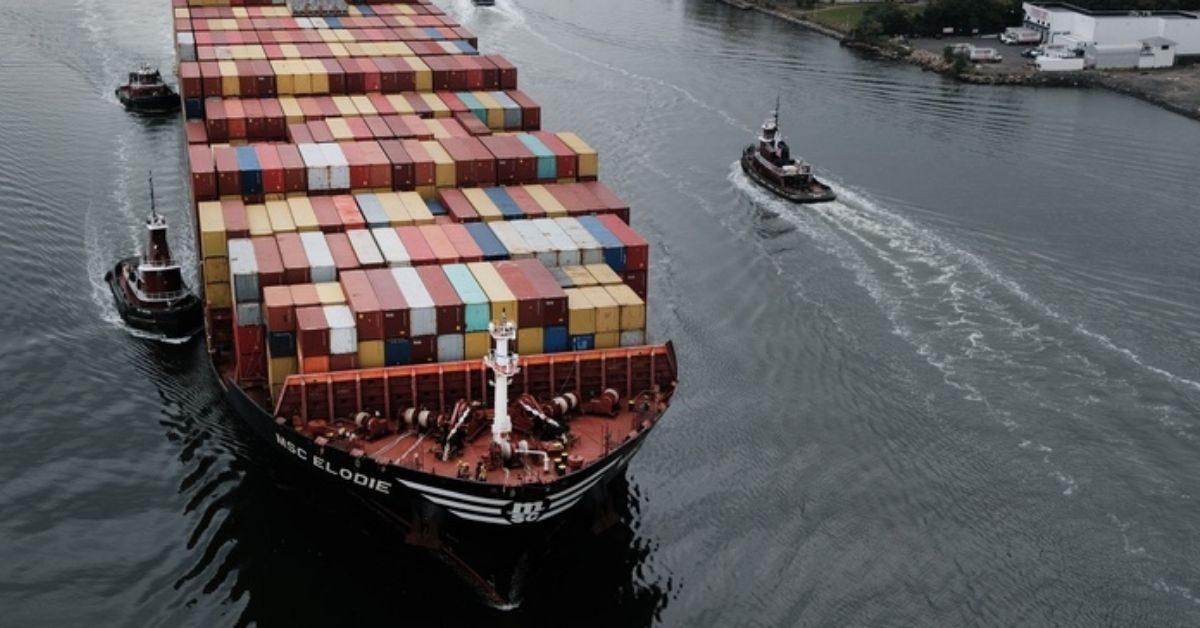Dive Brief:
- Schedule reliability across more than 60 carriers and 34 trade lanes is at 34.4% for October down 18 percentage points YoY as congestion in ocean shipping and at ports persists, according to Sea-Intelligence’s Global Liner Performance report.
- The average delay for late vessel arrivals dropped to 7.34 days, lower than September but still higher than previous Octobers. A vessel arriving at least two days late after its scheduled berth time is considered a “late” arrival, according to Sea-Intelligence.
- Global schedule reliability reached an all-time low in September 2021 at 33.6%. October marked a slight improvement in comparison, but remained significantly lower than past years.
Dive Insight:
“Poor schedule reliability, coupled with high consumer demand, has handed shippers and forwarders a myriad of challenges,” said Sri Laxmana, vice president of global ocean product at C.H. Robinson.
Congestion at the ports due to lack of equipment such as chassis, empty containers not moving as fluidly, and lack of room for containers and ships are all contributors to schedule unreliability. The lack of space in particular leaves container ships sitting idle and further delays cargo.
To combat these delays, many shippers are seeking alternative options, such as air transportation and LCL ocean shipping.
Air cargo demand rose 3% in October compared to October 2019, according to Clive Data Services. “Air charters are still the fastest way to replenish inventory, which is vital for many shippers, especially in the holiday season,” Laxmana said. To avoid the congested ocean ports, C.H. Robinson is moving on average 20 to 22 air charters a week globally for customers, an increase from what it ran before the pandemic.
In addition, some shippers are using LCL ocean shipping to move their cargo.
“Typically, space for LCL shipments is more readily available since you are only looking for some container space versus an entire empty container,” said Laxmana. Still, LCL shipments face the same port congestion as full container load shipments.
The White House is also addressing the troubled ocean supply chain. President Joe Biden announced a push for 24/7 operations in October. A statement from the Biden administration from November outlines a list of action steps to “accelerate investment in ports, waterways, and freight networks,” along with the recently signed infrastructure deal.
“First and foremost, port congestions and berthing delays have to be resolved. And then shipping lines need to start focusing on schedule reliability again,” Niels Madsen, vice president of product and operations at Sea-Intelligence, said in an email. He noted that some carriers “do not have schedule reliability as a priority.”
Ocean carriers, such as Matson, insist they’re investing in fleets and service to serve customers. “We remain focused on what we do best, which is maintaining fast, reliable trade lane services,” Matson CEO Matt Cox said in November.
“Unfortunately, I see no immediate improvement,” said Madsen. Considering the upcoming holidays, winter months and Lunary Year, along with current congestion at the ports globally, “you have a mix of factors that would by themselves limit an improvement in schedule reliability,” he said.
Source : supplychain Dive








